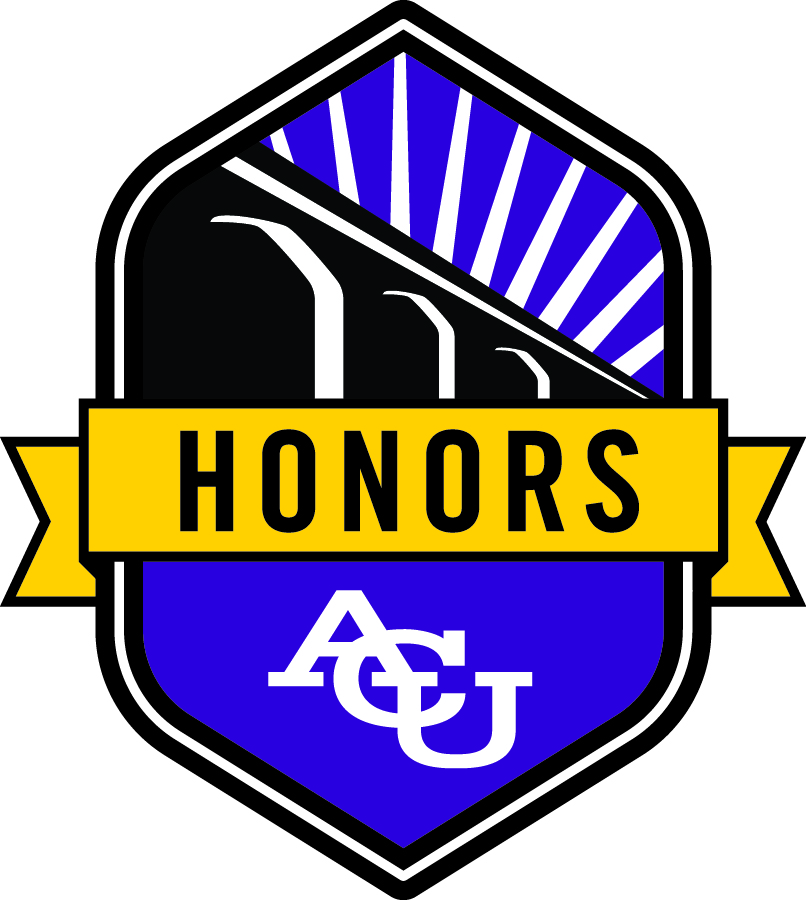Date of Award
12-2015
Document Type
Thesis
Primary Advisor
Curt Niccum
Secondary Advisor
Melinda Thompson
Committee Reader
Kyle Dickson
Abstract
Since the Reformation, translation into the vernacular has been a significant part of interpretation of biblical texts. In modern English, it seems as though new translations are created all the time, and Christians often take for granted this valuable tool of the faith. However, there are many ways in which translation can—and should—be done better. This project discusses the theory and methodology of translation, with particular attention to formal and functional equivalence translations. Additionally, it looks at key issues in translation such as semantic range and contextualization of the text. Then, it reviews new research in translation relating to discourse analysis and the role of the reader in interpretation. The ultimate purpose of the project is to propose another method of translation that looks at these key issues and works to move beyond simple grammatical and syntactical analysis to viewing the text as a whole. As a result, it includes a translation case-study of Romans 3 with a discourse analysis, translation for personal devotion, and a translation for congregational reading. Finally, it includes a comparison of key differences between the proposed translation and three modern translations at various ends of the translation spectrum—the NRSV as a formal equivalence translation, the NLT as a functional equivalence translation, and the NIV as a mediating translation.
Creative Commons License

This work is licensed under a Creative Commons Attribution 4.0 License.
Recommended Citation
Rideout, Dominique, "Revisiting Biblical Translation" (2015). Honors College. 5.
https://digitalcommons.acu.edu/honors/5
Included in
Biblical Studies Commons, History of Christianity Commons, Other Rhetoric and Composition Commons


